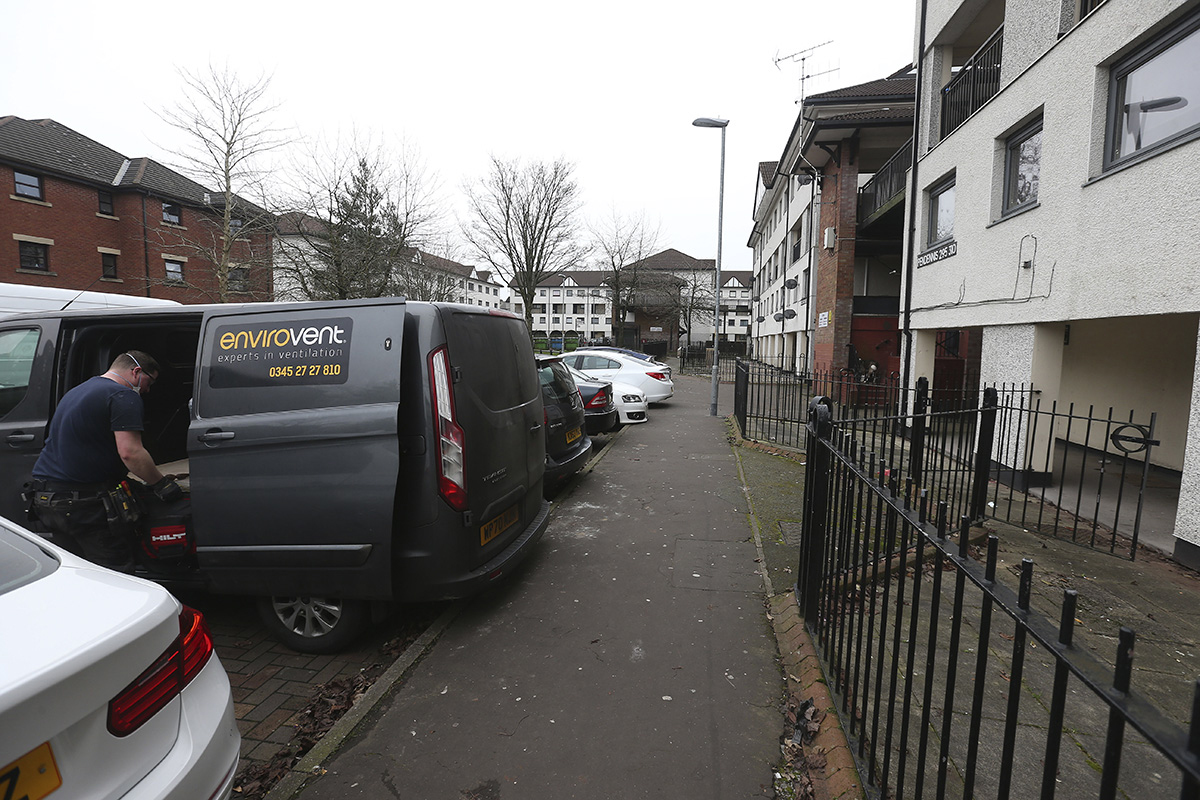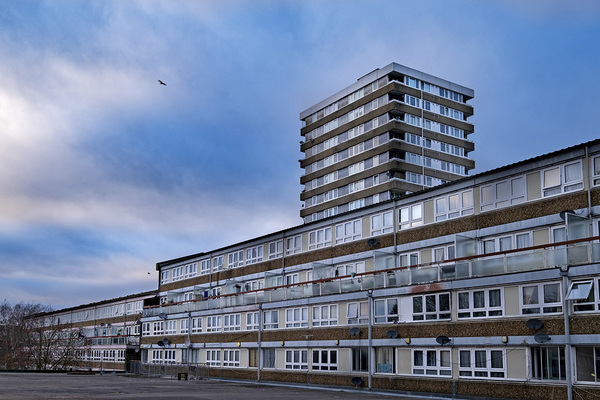You are viewing 1 of your 1 free articles
Failures found at London council after newborn left living in damp and mould
A London council has been ordered to pay £2,300 in compensation and apologise to a resident over “excessive delays” in tackling damp in a bedsit where a newborn baby was living.
Westminster City Council has become the latest social landlord to be hit with a ‘severe maladministration’ judgement by the Housing Ombudsman over the incident.
At the time the resident’s complaint was first made in September 2019, her son was around four months old.
The local authority failed to deal with the damp for more than two years, according to the ombudsman.
Richard Blakeway, the housing ombudsman, said the council had “failed to recognise, given the age of the resident’s son, the risk of detrimental impact on his health and well-being”.
The findings bear some similarity to the high-profile case of Awaab Ishak, the two-year-old who died due to prolonged exposure to mould in his family’s Rochdale Boroughwide Housing home in 2020.
In the Westminster case, the council initially said that specialist ventilation would be arranged, that there was damage to a number of walls and that ongoing leaks needed investigating.
Appointments were made for these issues to be resolved, but they were not completed because of access issues, the ombudsman said.
The council then carried out a survey that found significant signs of rising damp and made recommendations.
The ombudsman said: “At this point, it would have been reasonable to consider whether a decant would be appropriate as it is imperative residents are not left living with damp and mould for an extended period.
“However, it was four months until a decant was offered, but even then, it would only be considered after another inspection was carried out.
“Eight months later the resident was told decanting was not an option as works could be carried out while the family lived there. No action was then taken for another five months until a new survey was conducted.”
The ombudsman said there was evidence of the resident refusing work to go ahead.
However, the body said the council could have done more to communicate with the resident and remind her of her tenancy agreement obligations.
At the end of the ombudsman’s investigation, some issues were still outstanding, meaning the resident had been living with the issues for more than two years.
Mr Blakeway added: “After the tragic case of Awaab Ishak, there is a need for landlords to ensure they know their residents and understand the individual circumstances in order to deal appropriately with any issues.”
Westminster City Council said in response: “We accept the decision by the Housing Ombudsman Service regarding this historic case which dates back to January 2021.
“This determination has been used to add more momentum to our drive for continuous improvement regarding complaint-handling and is supported by our new complaints management structure.
“We’ve learnt several lessons from this case and have initiated numerous pieces of work which will improve how we identify, record and tailor our service to support vulnerable housing residents.”
Sign up for our Council Focus newsletter
Already have an account? Click here to manage your newsletters











